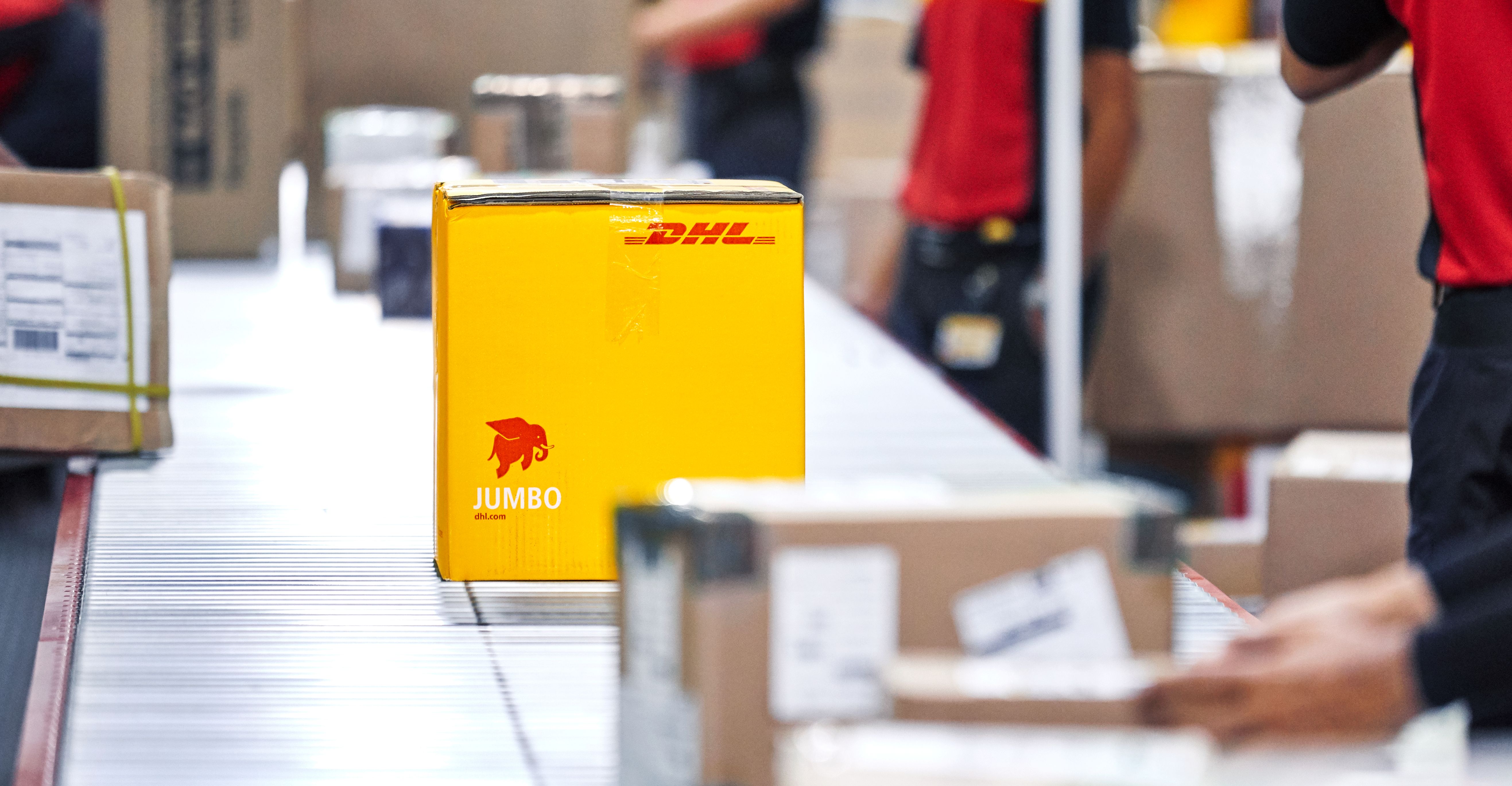The world of e-commerce has experienced tremendous growth in recent years, with more consumers turning to online shopping as a convenient and safe alternative to traditional brick-and-mortar stores. As a result, businesses in Malaysia are looking to establish an online presence and tap into this growing market. Are you looking to build an e-commerce website from scratch but don't know where to start?
Making a decision to develop an e-commerce website can be a daunting task, especially for those without any web development experience. Fortunately, e-commerce website builders have made it easy for businesses to create a professional-looking online store quickly and without much hassle. In this article, there will be a step-by-step guide on setting up an e-commerce website with an e-commerce website builder, what e-commerce website builders are and why they're useful, as well as provide tips on how to choose the right one for your business so you can get your online store up and running in no time.
What are e-commerce website builders?
An e-commerce website builder is an online platform that enables businesses to create an online store without the need for coding or web development skills. E-commerce website builders such as Shopify, Wix and Squarespace amongst others provide templates, drag-and-drop functionality, and customisation options, making it easy to create a professional-looking website in a short amount of time. This is why using an e-commerce website builder is one of the best ways to create e-commerce websites for businesses in Malaysia and jump on the e-commerce bandwagon.
How to choose an e-commerce website builder?
Choosing the right e-commerce website builder is crucial for businesses that want to create a successful online store. Here are some additional factors to consider when selecting an e-commerce website builder:
1. Provides customisation options
While e-commerce website builders provide pre-designed templates, it's essential to choose one that allows for customisation to create a unique look for your online store. Look for a builder that offers a range of customisation options, such as color schemes, font choices, and layout design.
2. Supports different payment gateways
Payment gateways are a crucial part of any e-commerce website, so make sure your chosen builder supports a range of payment options. Popular payment gateways in Malaysia include PayPal, Stripe, and iPay88. For more information about which payment gateways are best suited for your business, look at this guide for factors to consider when choosing a payment gateway.
3. Equipped with mobile responsiveness
With the increasing number of consumers shopping on their mobile devices, it's crucial to select an e-commerce website builder that offers mobile-responsive templates. This ensures that your website looks great and functions well on smartphones and tablets.
4. Offers SEO tools
SEO (search engine optimization) is critical for driving traffic to your online store. Choose an e-commerce website builder that offers built-in SEO tools, such as meta descriptions, alt tags, and sitemaps, to help your website rank higher in search engine results pages.
5. Known for reliable customer support
It's essential to select an e-commerce website builder that provides reliable customer support, such as live chat or email support, in case you encounter any issues with your online store.
Ultimately, the right e-commerce website builder for your business will depend on your specific needs and preferences. Be sure to research and compare different options before making a final decision.
How to set up an e-commerce website?
Once you have chosen your e-commerce website builder, it is time to set up your online store.
1. Customise your website design and layout
When customising your website's design and layout using your e-commerce website builder, it is important to ensure that it's user-friendly and easy to navigate. A well-designed website can help increase sales and improve customer retention. You can use pre-designed templates or create a custom design that aligns with your brand. Next, add your products and product categories, making sure to include high-quality images and detailed product descriptions. Doing so in an organised manner can help customers find what they're looking for quickly and easily.
2. Set up payment gateways
After that, set up your payment gateways through your e-commerce website builder. When setting up payment gateways, make sure to choose a secure and reliable option that supports your preferred payment methods. You may also want to consider offering popular payment options such as PayPal, Stripe, and iPay88 to cater to different customer preferences. If you need more help on deciding on which payment option your business should choose, read this guide on how to decide on the correct payment gateway solution for your e-commerce site.
3. Settle on your shipping options
For shipping options, you will need to determine the shipping rates and methods that work best for your business in Malaysia. You can choose to offer free shipping, charge a flat rate, or calculate shipping rates based on weight, distance and delivery time. It is also essential to choose a reliable courier service to use and set up tracking information for customers.
Launch your e-commerce website
Congratulations! If you have followed these steps, you would have successfully set up your e-commerce website using an e-commerce website builder. Before launching your online store, make sure everything is working correctly by testing the site's functionality and purchasing process. Once you are satisfied, promote your online store on social media, search engines, and other online channels to drive traffic as well as sales and you will be well on your way to e-commerce success.


















































